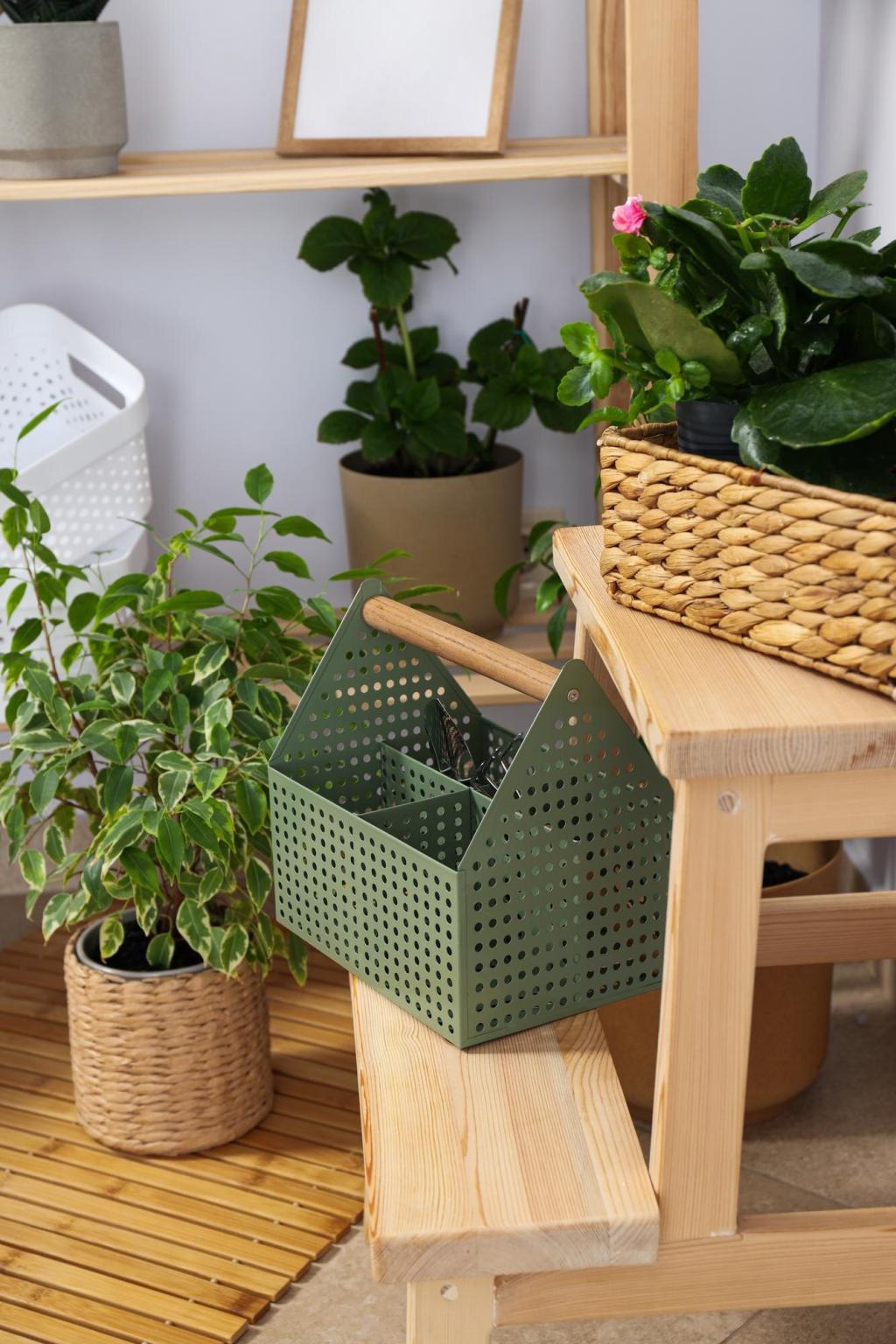
Sustainable Furniture Choices for a Greener Home
Creating a greener home begins with thoughtful choices around the furniture we bring into our living spaces. By selecting sustainable furniture, homeowners can reduce their environmental footprint and promote healthier living environments. Sustainable furniture not only reflects conscious consumption but also elevates the comfort, durability, and style of your home without compromising the planet’s well-being. This guide explores various aspects of choosing eco-friendly furniture, the materials and practices to look for, and how these conscious decisions contribute to a more sustainable lifestyle.
Embracing Eco-Friendly Materials
Responsibly Sourced Wood
Responsibly sourced wood comes from forests managed with strict adherence to environmental standards, ensuring biodiversity and regeneration. When you choose pieces certified by organizations such as FSC (Forest Stewardship Council), you are supporting forestry practices that protect wildlife habitats and prevent deforestation. Furniture crafted from reclaimed wood is another sustainable option, utilizing material that would otherwise go to waste. This not only reduces the demand for virgin timber but also gives existing wood a second life, infusing unique character and history into your home.
Recycled and Upcycled Materials
Recycled and upcycled materials play a pivotal role in sustainable furniture design. By repurposing materials like metal, plastic, glass, or fabric, manufacturers help minimize landfill waste and reduce the need for new resources. Furniture made from reclaimed plastics or repurposed metal frames, for example, supports circular economies and offers durable alternatives to traditional options. Upcycled furniture, often handcrafted, transforms discarded objects into unique, functional art, giving your space a distinctly personal and eco-conscious touch.
Low-Impact Natural Fibers
Natural fibers offer comfort, breathability, and a reduced ecological footprint compared to synthetic materials. Furniture that uses organic cotton, hemp, jute, or linen provides an earth-friendly and health-conscious alternative, as these fibers are generally farmed with fewer pesticides and chemicals. Their biodegradable nature ensures they don’t persist in landfills for centuries. Choosing pieces that highlight undyed, minimally processed textiles can further reduce environmental harm, making them a practical and stylish solution for a greener living space.

Craftsmanship and Build Quality
Furniture that showcases superior craftsmanship tends to outlast mass-produced alternatives. Skilled joinery, high-quality materials, and traditional construction techniques result in items that withstand daily use and the passage of time. Investing in such pieces may have a higher upfront cost but pays dividends over the years, as fewer resources are needed for repairs or replacements. Moreover, enduring designs are less vulnerable to fleeting trends, ensuring your home always feels timeless and inviting.

Modular and Adaptable Designs
Modular and adaptable furniture responds flexibly to the changing needs of a household, supporting sustainable lifestyles. These designs can be reconfigured or expanded as your family grows, tastes shift, or living situations evolve. By adapting to different spaces, functions, or styles, modular furniture avoids premature disposal and extends product lifespans. The ability to replace select parts, rather than entire pieces, further enhances their sustainability by conserving resources and reducing waste.
Supporting Ethical Production and Brands
Fair Labor Practices
Furniture brands that uphold fair labor practices foster safe, healthy, and equitable working environments for their artisans and employees. Transparency in supply chains and adherence to international labor standards exemplify a commitment to social responsibility. By supporting these companies, consumers advocate for better wages, security, and dignity for workers worldwide. This in turn elevates the overall ethics and sustainability of the entire furniture industry.

